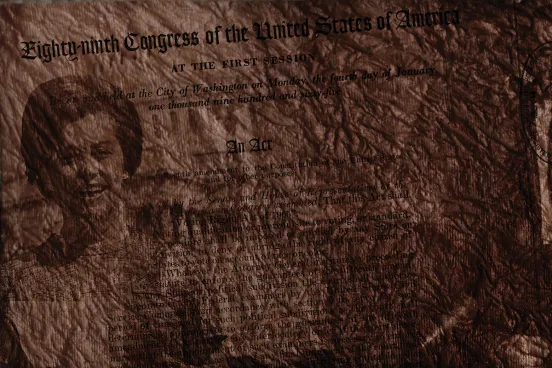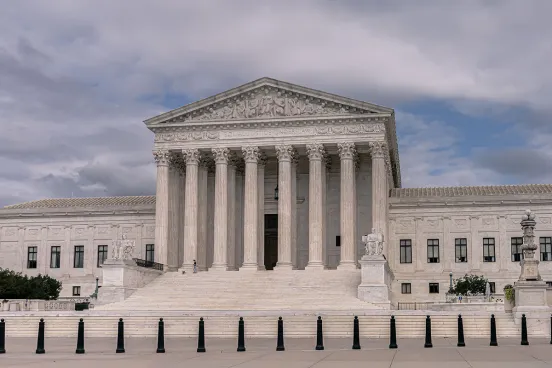
In a rare unanimous decision in a contentious jurisdictional area, the U.S. Supreme Court in June affirmed bankruptcy court authority by delivering Professor John Pottow a victory in the case of Executive Benefits Insurance Agency v. Arkison (EBIA v. Arkison).
The 9-0 opinion by Justice Clarence Thomas serves to clarify the Court’s 2011 ruling in Stern v. Marshall, which created jurisdictional chaos by invalidating a central provision of the Bankruptcy Code and called into question the power of bankruptcy judges to rule on key issues that arise in bankruptcy cases.
“It’s unquestionably a victory for common sense and a mitigation of Stern’s mischief,” says Pottow, who argued in January on behalf of the respondent, bankruptcy trustee Peter H. Arkison.
Stemming from a fraudulent conveyance claim against EBIA, the case ultimately questioned the jurisdiction of the presiding bankruptcy court, which had granted summary judgment in favor of Arkison.
Although summary judgment was affirmed by the district court, EBIA argued on appeal to the U.S. Court of Appeals for the Ninth Circuit that the bankruptcy judge’s entry of a final judgment lacked both statutory and constitutional authority because the claim at issue was a “Stern claim” (to use Pottow’s term), over which bankruptcy courts were now powerless to exercise jurisdiction.
The Court of Appeals found Stern’s scope so confusing it solicited amici briefs by sua sponte order, which is how Pottow became involved in the case. After a dozen such briefs were filed, the Ninth Circuit affirmed. When the petitioner pressed his statutory and constitutional arguments to the Supreme Court, Pottow took over as counsel.
The Supreme Court also affirmed. It found a statutory basis to treat Stern claims as what the Code considers “non-core” claims, meaning bankruptcy judges can enter final judgment with party consent. If the parties do not consent to bankruptcy court final judgment, bankruptcy judges can still hear the case and draft a proposal and recommendation for de novo review and entry of judgment by the district court.
The Court declined, however, to address the petitioner’s constitutional argument—that even if there is a statutory basis, Article III prevents such consensual adjudication by bankruptcy courts as a constitutional matter. Instead, Justice Thomas’s opinion adopted the respondent’s position that the unique procedural posture of the case—a de novo district court review of a summary judgment order—rendered irrelevant any alleged Article III infirmity with the bankruptcy court judgment preceding it. Effectively, the petitioner got all the Article III consideration of its claim it wanted and needed.
However, as the Court did not address the constitutional question in EBIA v. Arkison, Pottow anticipates it will need to revisit the question of bankruptcy court jurisdiction in the near future.
“Yes, the Court has answered the statutory question bedeviling the bankruptcy courts since Stern v. Marshall, but it has side-stepped the constitutional one,” he says.
“The opinion is very, very carefully drafted to minimize hand-tipping on the constitutional point, but it is an encouraging tea leaf that the opinion does cite some of the historical material we included, which points to what we believe is the correct constitutional outcome regarding the permissibility of bankruptcy court consensual adjudication.”







